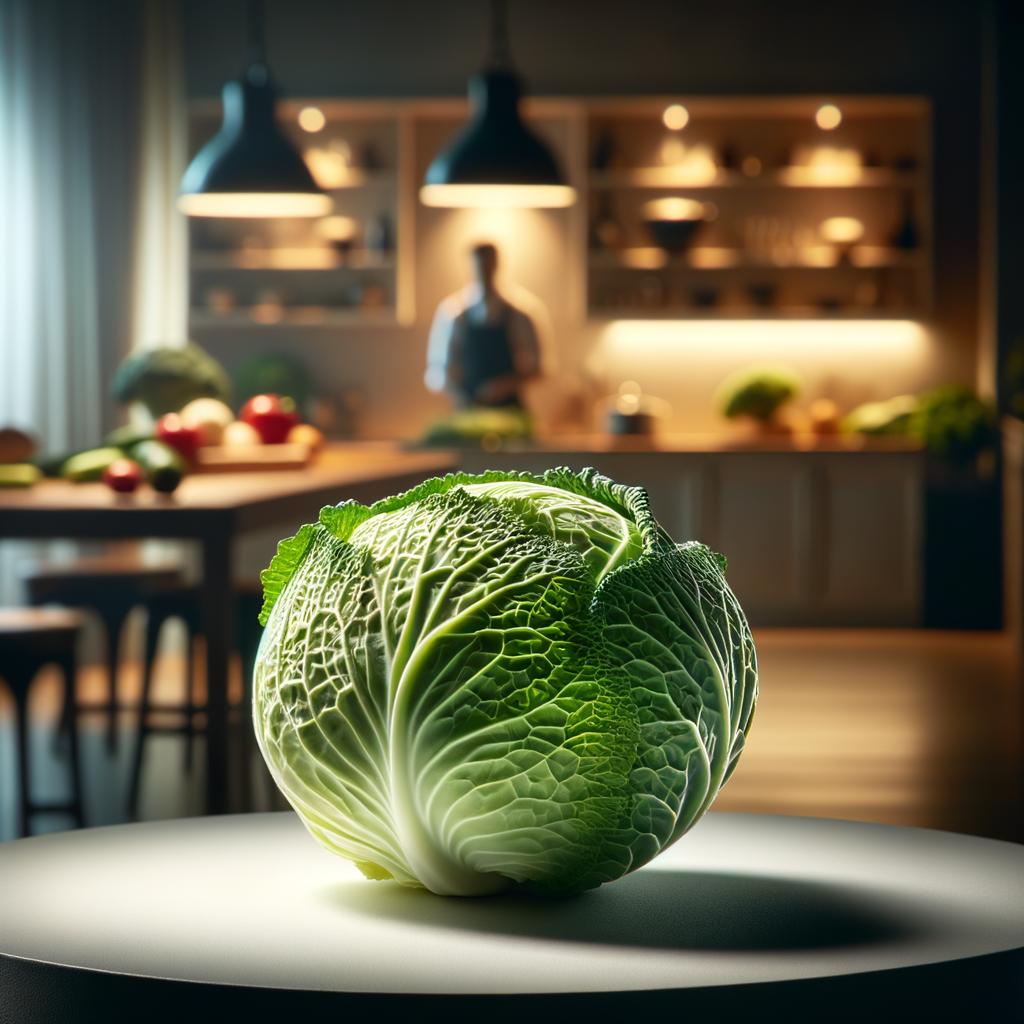Cabbage

Description
Cabbage, a cruciferous vegetable, is an unassuming yet versatile ingredient that graces kitchens worldwide. Its appearance is a delightful mix of green, white, and sometimes purple, wrapped in tightly packed layers forming a round or oval shape. The texture of cabbage is crisp and dense when raw, softening to a tender bite when cooked. Its flavor profile is quite unique - mildly peppery when raw, which mellows into a sweet, almost nutty flavor when cooked. One of the unique characteristics of cabbage is its incredible ability to absorb the flavors of the ingredients it's cooked with, making it a culinary chameleon.
Primary Uses
Cabbage is a staple in many cuisines around the globe. It can be enjoyed raw in salads, fermented into sauerkraut or kimchi, stuffed with a variety of fillings in Eastern Europe, or cooked into soups and stews. It's also the key component in traditional Irish colcannon and Asian stir-fries. Beyond its culinary uses, cabbage has been used for medicinal purposes. In folk medicine, cabbage leaves were often used as a poultice to treat a variety of skin conditions.
History
The history of cabbage is as layered as the vegetable itself. It's believed to have originated in Europe around 1000 BC, where it was cultivated from wild cabbage. The Romans revered cabbage for its health benefits, and it was a staple in the diets of ancient Greek and Roman civilizations. Over time, cabbage made its way to Asia, where it evolved into the napa cabbage we know today. There's an old folklore that babies come from a 'Cabbage Patch', a story that even inspired a popular line of dolls in the 1980s.
Nutritional Information
Cabbage is a nutritional powerhouse. It's packed with vitamins C and K, and is a good source of fiber, vitamin B6, and folate. It also contains small amounts of other micronutrients, including calcium, potassium, and magnesium. Its high fiber content aids in digestion, while its rich vitamin C content supports a healthy immune system. Compared to other leafy greens, cabbage has a lower calorie count but retains a high nutrient density, making it a healthy choice for those watching their caloric intake. The cruciferous vegetable is also known for its high antioxidant content, which can help reduce inflammation and protect against certain types of cancers.

